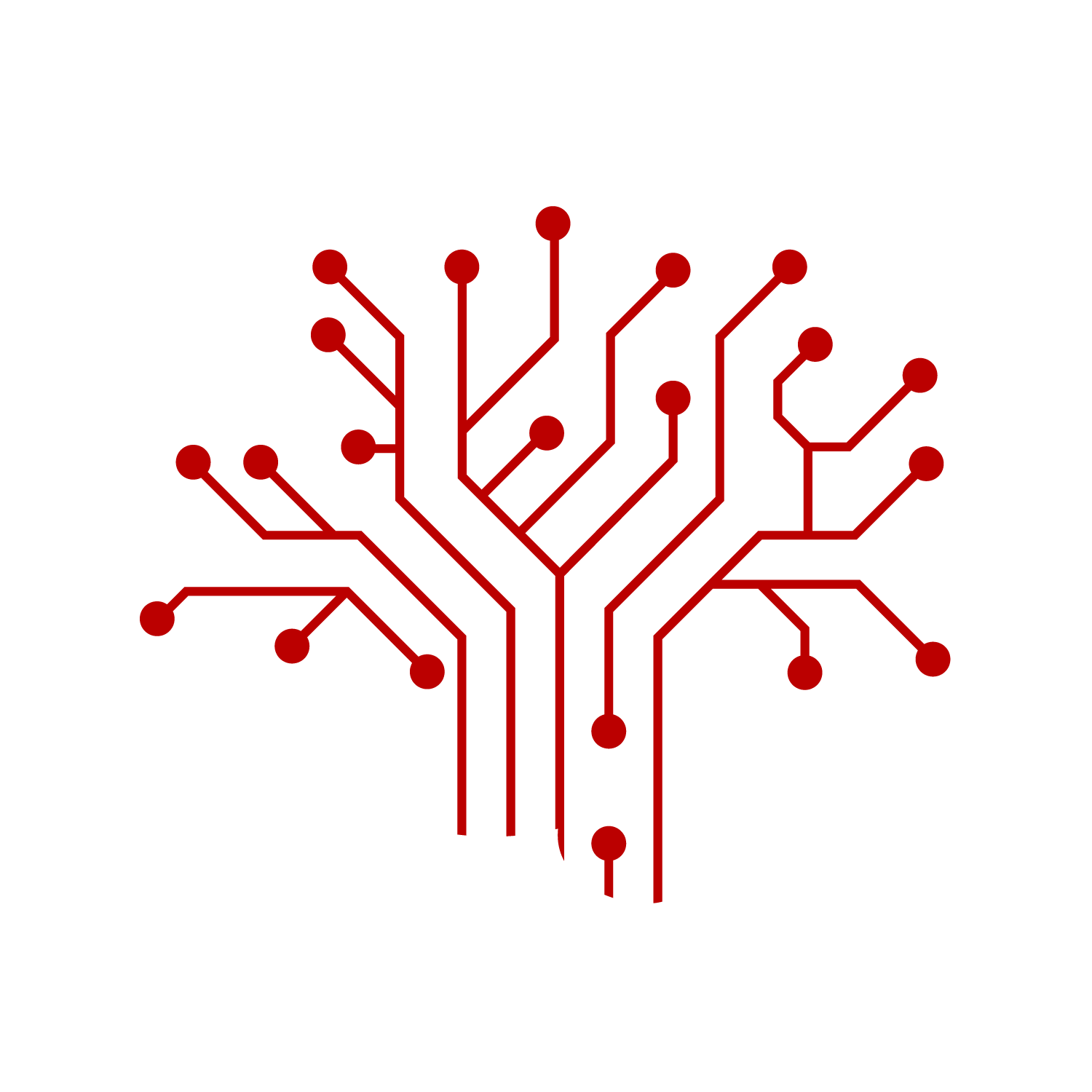PNC/ Statistics Joint Program
The program consists of the following core activities:
- The requirements for the Ph.D. in Statistics
- The four core course requirement of the Ph.D. in Neural Computation
- Exposure to experimental approaches through rotations or thesis research
- A roughly semester-long project to satisfy the PNC first-year research requirement
- A year-long project that would satisfy both the PNC second-year research requirement and the Statistics Advanced Data Analysis preliminary exam requirements
- Training in teaching, scientific presentations and responsible conduct of research
- Successful defense of a Ph.D. thesis on a neuroscientific topic, with joint advisors, one from within Statistics and one from outside—both being CNBC-affiliated faculty members
Additional satellite activities through the CNBC will also foster students’ professional and scientific development.
Current PNC students looking to join the joint PNC/Statistics program may petition to do so by sending an email to the PNC co-directors explaining how they intend to satisfy the degree requirements.
Course requirements
The coursework is designed to ensure that students are well trained in neuroscience and that they also receive in-depth training in a set of quantitative approaches relevant to the field of neural computation.
A typical student will take 2-3 courses per term in their first year and complete all coursework by the end of their third year in the program. Because of differences in background and educational goals, course requirements for each student in the program will be adapted to their individual needs.
CNBC Core Course Requirement
Students complete the four-course requirement of the CNBC graduate training program, with specific program related guidelines for the computational component. Students will gain graduate level training through coursework in the following three areas: (i) cell and molecular neuroscience/neurophysiology, (ii) systems neuroscience, and (iii) cognitive neuroscience. Courses fulfilling this requirement include:
- (i) 03-762 Advanced Cellular Neuroscience (CMU) or NROSCI 2100/2101 Cellular and Molecular Neurobiology (Pitt)
- (ii) 03-763 Systems Neuroscience (CMU) or NROSCI 2102 Systems Neuroscience (Pitt), and
- (iii) 85-765 Cognitive Neuroscience
To complete the computational requirement, students must take:
- 36-759 Statistical Models of the Brain
Note that this is not exactly the same as the standard CNBC computational requirement.
To meet the course requirements for the PhD in Statistics, students must take:
- 36-705: Intermediate Statistics (year 1)
- 36-707: Regression Analysis (year 1)
- 36-708: Statistical Machine Learning (year 1)
- 36-709: Advanced Statistics I (year 1)
- 36-750: Statistical Computing (year 1)
- 36-757: Advanced Data Analysis (year 1)
Program Milestones
Progress in the program is tracked based in part on students’ successful completion of program milestones. A committee selected by the student and approved by the program director evaluates the performance on milestones.
First year research requirement
By the end of the first calendar year in the program, all students are required to complete a computational project. This project will be evaluated by a committee consisting of at least three faculty, of whom at least two are PNC training faculty. The project requires the student to identify a biological problem, understand the data collection process, articulate the goals of building a model or performing a particular kind of analysis and implement this computational approach. In some cases this project may be a precursor to the student’s eventual thesis project.
Second year research requirement
In the second year, students are expected to work on research about 1/3 of their time during the academic year and full time during the summer. By the end of the second full year in the program all students are required to complete a deeper computational project. The student’s work on the project should demonstrate that the student has 1) the ability to analyze and interpret experimental data in a particular area 2) the ability to develop and implement a computational approach incorporating the relevant level of biological detail and 3) the ability to organize, interpret and present the results of the computational work. This project should be a body of work suitable for publication. This project will also satisfy the Advanced Data Analysis project required by Statistics.
Statistics Preliminary Exams
By the end of the third full year the student should complete and pass the preliminary examinations for the Ph.D. in the Department of Statistics.
Ph.D. Thesis proposal
Required coursework should be completed by the end of the third year. During the fourth year a Ph.D. candidate should present a thesis proposal to his or her thesis committee and the community. The thesis proposal should include: a succinct summary of the proposed research problem; the significance of the proposed research; a review of relevant literature relating to the problem; a review of the candidate’s work leading up to the thesis, including preliminary results; a clear statement of remaining research; and a tentative schedule for completing the work.
Ph.D. Thesis Defense
Normally, the dissertation is completed during the student’s fifth year. The thesis defense is your chance to present the culmination of all your work and research to the neuroscience community and field questions from your thesis committee.
Additional Requirements
- All students will complete Responsible Conduct of Research Training.
- In order to build skills in teaching, mentoring, communication and management, each student will be required to serve as a teaching assistant for two courses during their career as a graduate student in the program.
- Students will participate with CNBC graduate training students in the following co-curricular activities: CNBC colloquium series; Brain Bag research seminars; and CNBC retreat.

